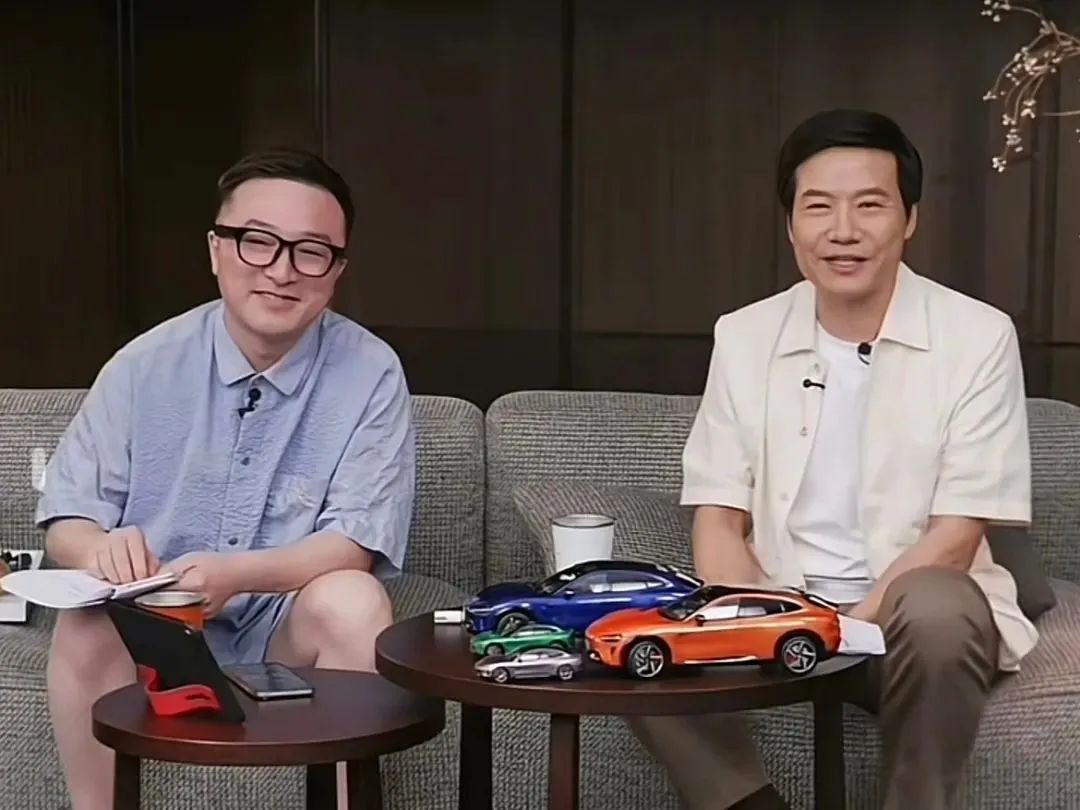As we transition from June to July, the automotive industry is buzzing with news. At the forefront is a new player, 'Starry Sky Plan', entering the fray amidst fierce competition. Unlike Jin Yu Automobile, which boasts a mere 10 million yuan in registered capital but claims it will sell 200,000 units by 2028, Starry Sky Plan (Shanghai) Automotive Technology Co., Ltd. has a more substantial backing with a registered capital of 1 billion yuan. The ultimate beneficiary is Yu Hao, the founder of a well-known hardware company in East China, holding an 80% indirect stake. The company is part of the Sky Soaring Technology group, which also includes Chasing Intelligent Technology (Nanjing) Co., Ltd. Interestingly, both companies are likely linked to the same Yu Hao. The land acquired by Starry Sky Plan measures a total of 414,400 square meters, located near Tesla's energy and CATL factories. Realizing the potential pitfalls of entering a market dominated by established players, Starry Sky Plan is initially focusing on international markets before eventually catering to domestic consumers. This strategy is a novel approach in the industry and may be aimed at gaining a competitive edge. Meanwhile, JD.com is also making its move into automotive manufacturing. After successfully expanding into the food delivery sector, JD Logistics announced the launch of its self-developed autonomous light truck, the JD Logistics VAN, marking its entry into the autonomous vehicle market. JD has long been eyeing this space, having registered the 'Joyrobotaxi' trademark in May, indicating ambitions in autonomous transport. The JD Logistics VAN targets the market for traditional 4.2-meter trucks and features a spacious cargo capacity of 24 cubic meters, a range of 400 kilometers when fully loaded, and Level 4 autonomous driving capabilities. Currently, JD has initiated trial operations in 30 cities, with plans to deploy over a thousand vehicles by 2026. In addition to these newcomers, Xiaomi is also busy navigating the industry without a grace period for new entrants. The recent launch of the YU7 model exceeded expectations, with over 200,000 pre-orders in just three minutes, surprising even Lei Jun, Xiaomi's founder. This achievement has pressured competitors to not only fulfill pre-order deposits but also engage in tactics to intercept potential customers. In response, Lei Jun addressed these tactics during a live broadcast, highlighting inaccuracies and implying malicious intent from competitors. However, during the same broadcast, Lei Jun stumbled while promoting the YU7's car-mounted magnetic tissue dispenser, priced at 169 yuan. Despite emphasizing its high-quality materials and manufacturing process, consumers remained unconvinced, especially when the device's core components were deemed to be of lower quality. Additionally, the recent targeted subsidy policies in Henan and Hunan provinces have sparked controversy, as these incentives only apply to specific models, raising concerns about fair competition in the market. In contrast, Neta Auto, despite recently filing for bankruptcy, is exhibiting resilience by actively seeking investment opportunities. They have published recruitment notices for potential investors, indicating a determination to recover. This week in the automotive sphere has shown that new players with aspirations and old players fiercely competing create a lively environment. Ultimately, with dreams in play and fierce battles underway, the market will determine who truly emerges victorious.
New Players Enter the Automotive Scene Amidst Intense Competition

Share this post on: